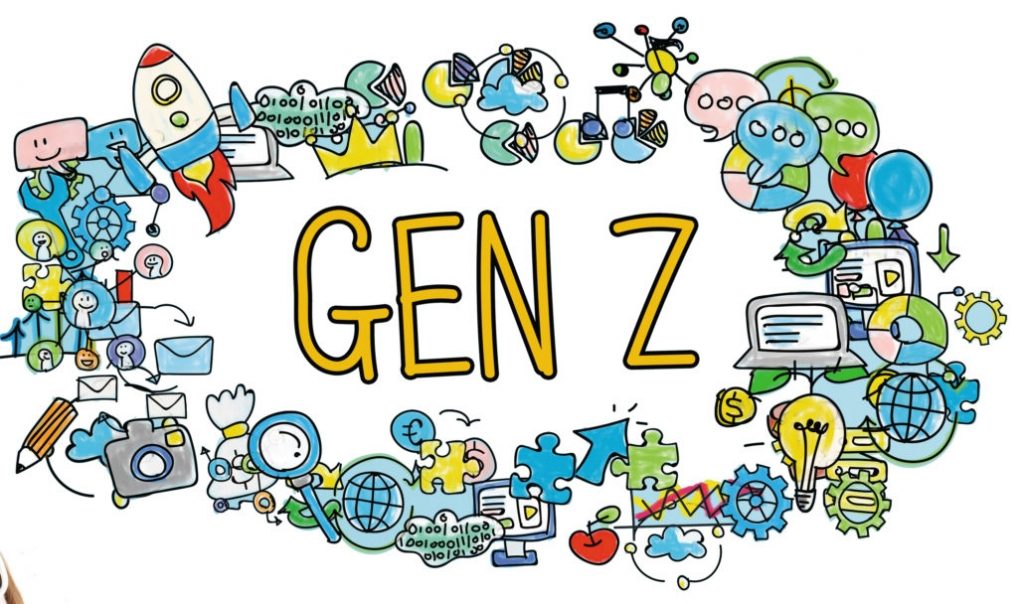Gen Z are highly sensitive towards civic and environmental issues and believe in giving back to the society. They are clear about their career goals and know what they want. They believe in work–life balance and pursuing hobbies apart from work. They are immensely curious by nature and dislike unanswered questions.
The HR team of Green Mango has a new task in hand. It is preparing campus recruitment strategies for a new project that has come in. The management intends to hire dynamic youngsters, who can challenge the existing processes and bring new ideas to the table. The HR team is preparing for their arrival—by altering policies, increasing benefits and renovating the office. How the new-age human capital will gel with the existing mid-aged employees and adapt to the company’s culture is the main concern. A similar scenario exists in many other companies that are recruiting Gen Z.
Gen Z consists of those born between 1995 and 2010 and is now slowly trickling into the talent pool of various organisations. They are an altogether new breed of employees with distinct traits, which sets them apart from other generations. They are highly sensitive towards civic and environmental issues and believe in giving back to the society. They are clear about their career goals and know what they want. They believe in work–life balance and pursuing hobbies apart from work. They are immensely curious by nature and dislike unanswered questions. “Gen Z needs constant clarity, which shows they have low tolerance for ambiguity,” says Amit Vaish, director and head HR at Barclays Technologies.

Employer brands no longer matter, but the job role and business model do. Be it working for a new technology or a new customer experience, work should be exciting, innovative and non-traditional.
Born and brought up in the booming technological era, Gen Z has been exposed to its setbacks as well. A recent study indicates that out of 4,000 Gen Z participants, 92 per cent are concerned about the generational gap that technology is causing in their professional and personal lives. Another 37 per cent are concerned about technology weakening their ability to maintain strong interpersonal relationships.
“One of the key methods to engage Gen Z is direct communication. Digitisation is taking away personal interaction. Gen Z likes to communicate openly with everyone including top management. They will not only question you, but also want to be heard. It’s not one way communication with them,” says Chandrasekhar Mukherjee, group chief people officer, SREI Infrastructure Finance Limited.

Gen Z needs constant clarity, which shows they have low tolerance for ambiguity.
Gen Z is entering the corporate environment at the blooming phase of startups. These ventures have flexible cultures and demand their workforces to be experimental. While these factors act magnetic for Gen Z, startups fail to provide security and employer branding. Meanwhile, corporate brands have earned the goodwill as they have survived the tides of time and grown consistently.
When asked whether Gen Z would prefer startups or corporate brands, Ganesh Chandan, chief human resources officer at Tata Projects says, “Employer brands no longer matter, but the job role and business model do. Be it working for a new technology or a new customer experience, work should be exciting, innovative and non-traditional.”
However, Vaish has a different opinion here, “Organisation pick is not a generation trait, but an individual’s call on personal goals and aspirations. Corporate brands have a loyal group of takers and so do the startups”.
Co-existence of different generations working together is a huge challenge for human resources. Companies are coming up with new concepts to bring synergy amongst their human capital. One such initiative is Rise Mumbai by Barclays—an open innovation platform, which partners with startups and provides mentorship to young innovators.

One of the key methods to engage Gen Z is direct communication. Digitisation is taking away personal interaction. Gen Z likes to communicate openly with everyone including top management. They will not only question you, but also want to be heard. It’s not one way communication with them.
Workspace branding has become a critical aspect for jobseekers, especially the young generation. From the crazy slide at the Youtube California office to the napping pods at Hike Messenger’s Delhi office, organisations are making workplaces more employee centric than ever. “Creativity in office ambience matters a lot. The office should not look like it has not been changed in the past ten years or will not bechanged in the next ten years”, says Bhuwan Dua, a prototypical Gen Z employee.
Organisations and HRs are taking all possible measures for the seamless arrival of Gen Z. However, the actual results of these measures can only be determined with time, for Peter Drucker once said, “The only thing we know about the future is that it will be different.”



